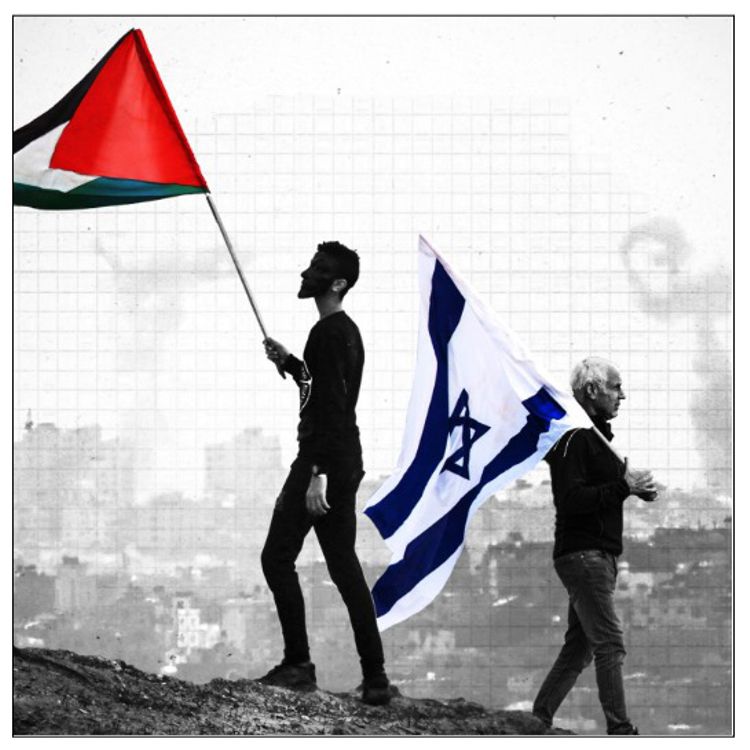
GS2-IR
About
Why in the news?
The ongoing conflict between Israel and Palestine has once again captured global attention. This article provides an organised overview of the recent events and the historical context of this long-standing dispute.
Recent Developments:
In recent news, the Palestinian militant group Hamas initiated a significant attack on Israel, codenamed Operation 'Al-Aqsa Storm.' In response, Israel launched Operation Iron Sword. Here's a closer look at these events:
Operation 'Al-Aqsa Storm':
- Date: October 7, 2023.
- Description: Hamas launched this military operation with a surprise attack, firing thousands of rockets at occupied territories, including enemy positions, airports, and military installations.
- Role of Hezbollah: The involvement of the Shiite Lebanese militant group Hezbollah may be a significant factor in the conflict.
Israel's Declaration of War:
Israel's declaration of war has raised concerns globally, given the volatile history of the region characterized by decades of regional rivalries, sectarian tensions, and foreign interventions.
Key Players
Understanding the key players in this conflict is crucial:
- Hamas
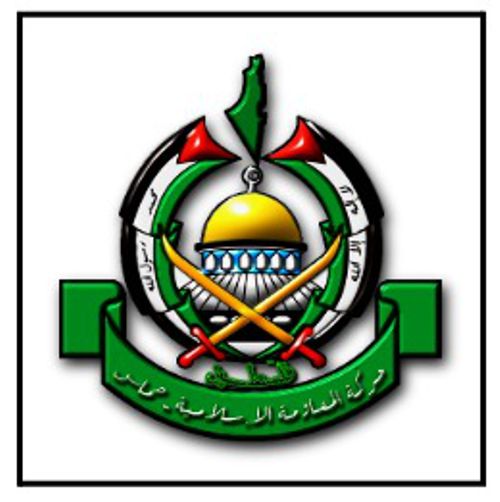
Description: Hamas is the largest Palestinian militant Islamist group and a major political party.
Governance: It currently governs over two million Palestinians in the Gaza Strip.
Foundation: Hamas was established in the late 1980s during the first Palestinian intifada against Israel's occupation.
Designation: Hamas is designated as a terrorist group by various countries, including Israel, the United States, the European Union, and the United Kingdom.
Hezbollah:
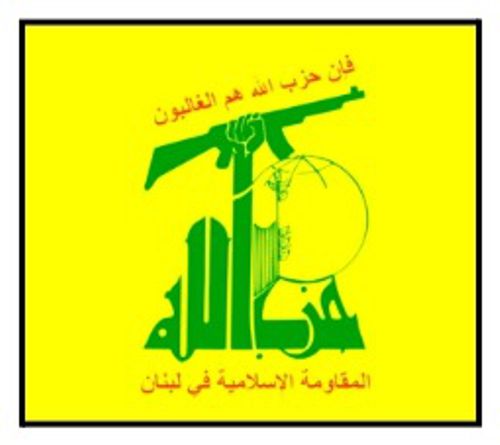
Description: Hezbollah, meaning 'Party of God,' is a Shiite Islamic militant organisation based in Lebanon.
Origin: It emerged during the Lebanese Civil War (1975-1990) due to discontent over the Palestinian presence in Lebanon.
Role: Hezbollah opposes Israel and Western influence in the region and has received support from Iran and Russia.
Mossad (Institute for Intelligence and Special Operations)
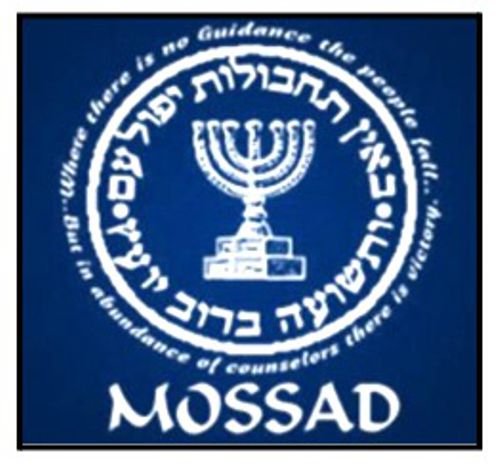
Mission: Mossad is Israel's national intelligence agency responsible for intelligence gathering, covert operations, and safeguarding national security.
Establishment: Founded in 1949, shortly after the establishment of the State of Israel.
Secrecy: Known for its high level of secrecy, Mossad's operations are often shrouded in mystery.
Activities:
- Intelligence collection.
- Counter-terrorism.
- Covert operations.
- Counter-proliferation.
- Protecting Israeli citizens and interests abroad.
Mossad plays a crucial role in safeguarding Israel's national security and is renowned for its expertise in intelligence and covert actions.
Historical Background
Understanding the historical context of the conflict is essential
- Inception of Conflict
The United Nations proposed an Arab-Jewish partition of Palestine in 1947, leading to the creation of Israel in 1948.
The first Arab-Israeli war in 1948 resulted in Israel's establishment, with Palestinians displaced from their homes.
- Six-Day War (1967)
The Arab-Israeli conflict continued, leading to the Six-Day War in 1967, which expanded Israel's control over Palestinian territories.
- Oslo Accords (1993)
The Oslo Accords aimed to establish peace, granting the Palestinian Authority control over parts of the West Bank.
- Abraham Accords (2020)
These agreements normalised relations between Israel and several Arab states, contributing to regional stability.
- 11-Day War (May 2021)
A conflict erupted following Israeli police actions at Al-Aqsa Mosque, resulting in casualties on both sides.
Demographic status of Israel-Palestine
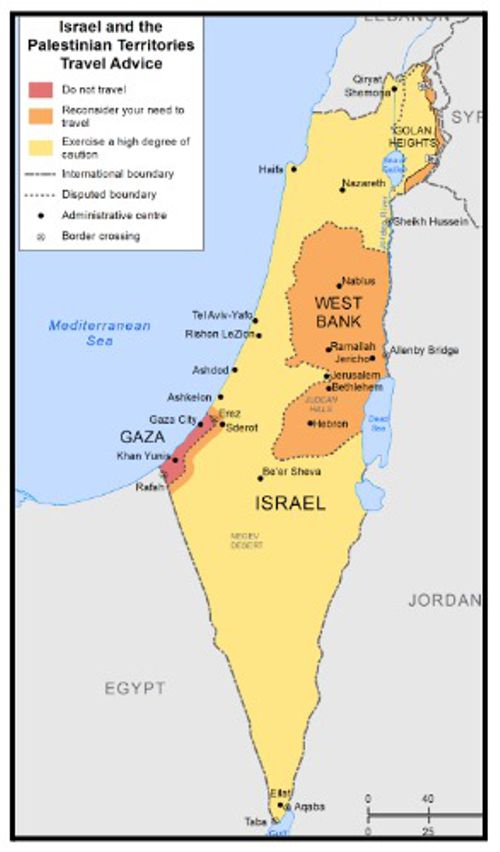
Israel
- Jewish Majority: Israel has a Jewish majority, with the Jewish population comprising the largest religious and ethnic group. It includes Ashkenazi and Sephardic/Mizrahi Jewish communities.
- Arab Population: Arab citizens of Israel make up a significant minority and have Israeli citizenship, with equal legal rights. They consist of both Muslim and Christian Arabs.
- Minority Groups: Israel is home to various minority groups, including the Druze, Bedouin, Circassians, and other smaller ethnic and religious communities.
- Immigrant Populations: Israel has absorbed waves of Jewish immigrants from around the world, contributing to its cultural and demographic diversity. These immigrants include those from the former Soviet Union, Ethiopia, North America, and other countries.
- Religious Diversity: Israel has diverse religious beliefs, including Orthodox Judaism, Conservative Judaism, Reform Judaism, and secularism. It is also home to various Christian denominations and a small but vibrant Muslim community.
- Geographical Distribution: Jewish populations are concentrated in urban areas, while Arab citizens predominantly reside in Arab-majority towns and villages.
Palestine
- Palestinian Arabs: The majority of the population in the Palestinian territories (Gaza Strip and West Bank) are Palestinian Arabs. They are predominantly Muslim, with a Christian minority. Some smaller minority communities also exist.
- Gaza Strip vs. West Bank: The demographic composition varies between the Gaza Strip and the West Bank. The Gaza Strip has a higher population density, while the West Bank is more diverse and includes larger Christian and Druze communities.
- Refugee Population: The Palestinian territories are home to a significant number of Palestinian refugees and their descendants, many of whom live in refugee camps. These refugees often have a unique status and history related to the Israeli-Palestinian conflict.
- Demographic Growth: Both areas have experienced population growth, with relatively high birth rates. This has implications for the economic and social challenges facing the Palestinian territories.
- Youth Population: A significant portion of the population in both the Gaza Strip and the West Bank is young, which presents both opportunities and challenges for the future.
- Economic Disparities: The Palestinian territories face economic disparities, and there are challenges related to governance and infrastructure.
- Religious Sites: The Palestinian territories are also home to important religious sites for Christianity and Islam, making them significant in terms of religious demographics.
Current Conflict
The recent attack by Hamas is set against the backdrop of rising tensions in the West Bank, disputes over Jerusalem's status, and Israel's improved relations with other West Asian governments. A peaceful resolution, ideally through a two-state solution, remains a pressing need, with international organisations playing a pivotal role in facilitating dialogue.
Conclusion and way forward
The Israel-Palestine conflict remains a complex and deeply rooted issue, requiring sustained efforts, international cooperation, and diplomacy to achieve a lasting peace. Following is the way forward:
- Renew Diplomacy: Restart direct talks and negotiations without preconditions.
- Two-State Solution: Work towards a two-state solution, allowing an independent Palestinian state alongside Israel.
- End Settlements: Halt new settlement construction in the West Bank.
- Security Cooperation: Improve security cooperation to combat violence and terrorism.
- Economic Development: Invest in Palestinian territories for infrastructure and job creation.
- Humanitarian Initiatives: Provide assistance to improve living conditions in the West Bank and Gaza.
- People-to-People Initiatives: Promote grassroots efforts that foster dialogue and understanding.
- International Mediation: Engage with international mediators for support.
- Educational Reforms: Reform education to promote tolerance and coexistence.
- Public Diplomacy: Shape public opinion through campaigns promoting peace and understanding.


